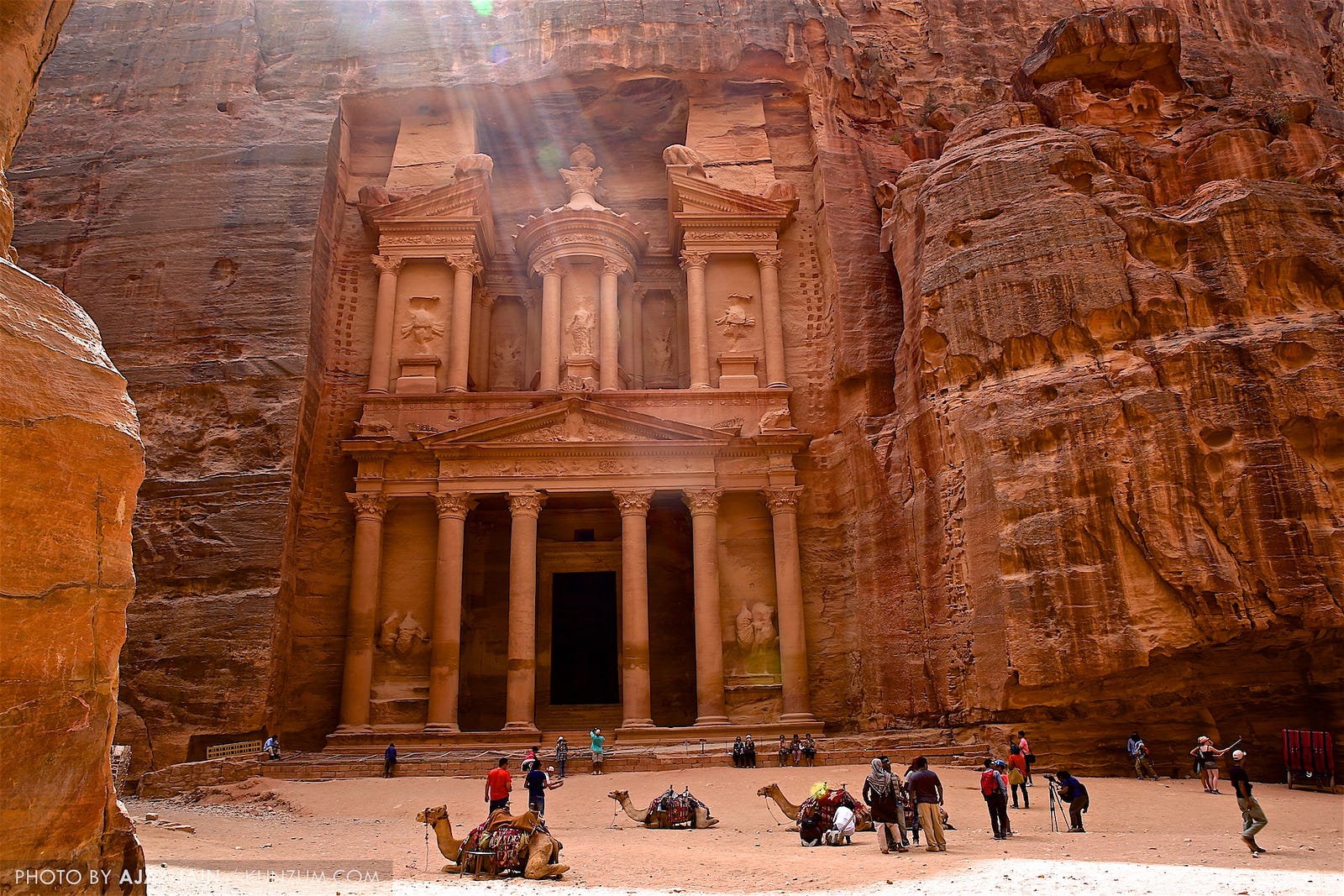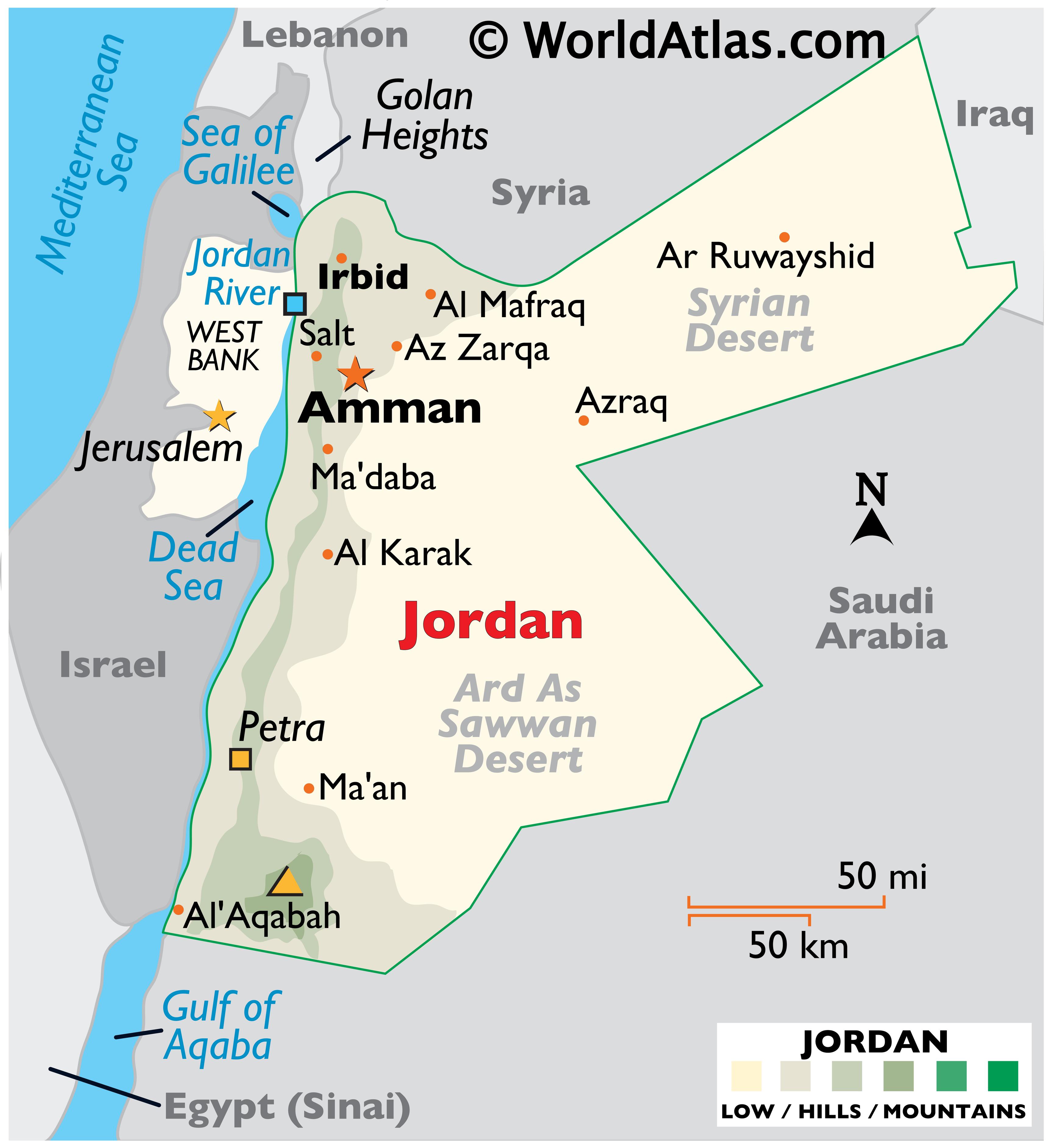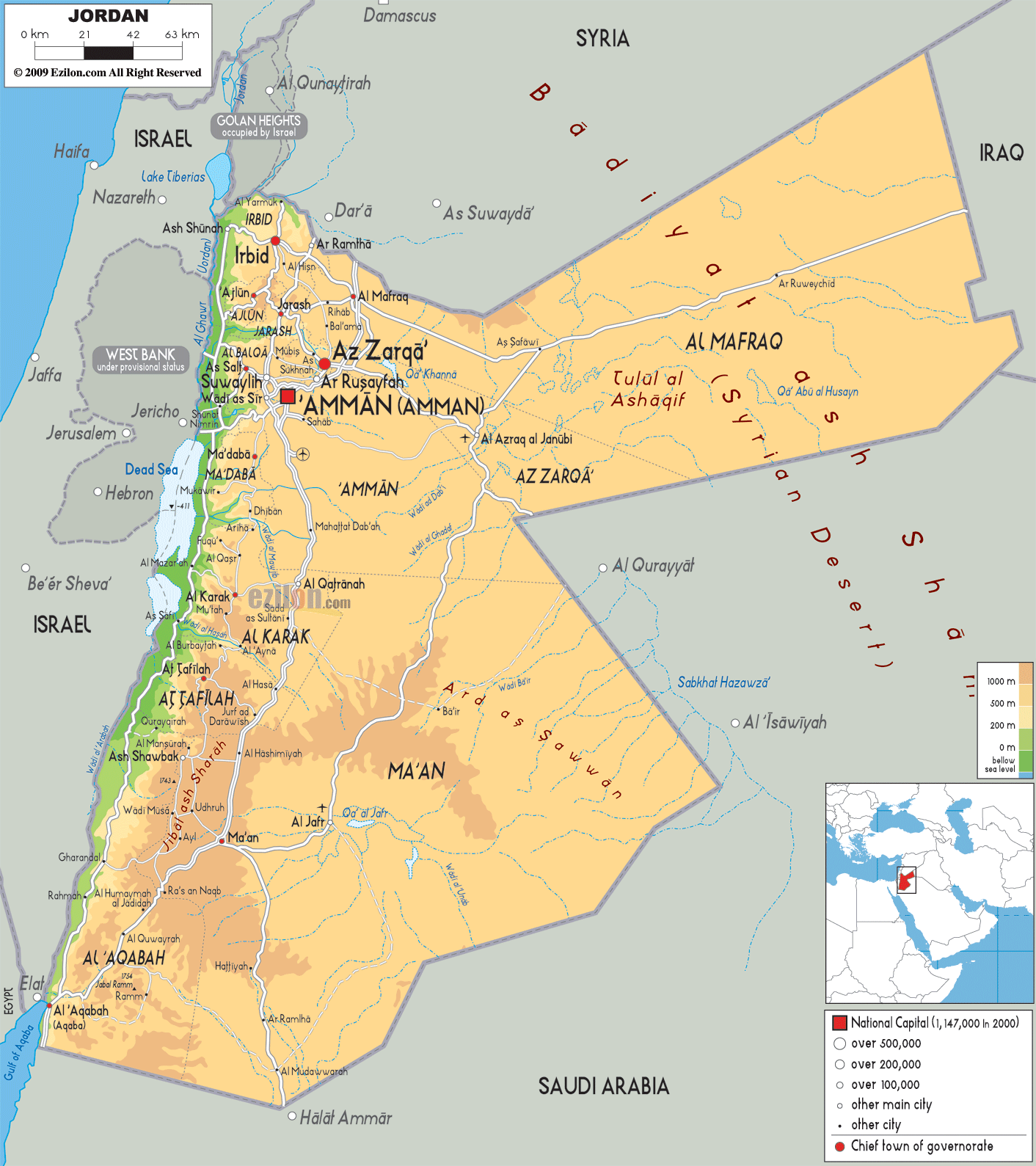Jordan Country
Jordan Country - A Glimpse into its Heart
Stepping into the lands of Jordan, you are, in a way, entering a truly special part of the world, a place that holds so much history and so many stories. This Arab country, located in southwest Asia, sits right there in the northern stretch of the Arabian peninsula, where the ground is often rocky and desert-like. It's a spot on the map that has seen countless sunrises and sunsets, watching different eras come and go.
For quite a long stretch of time, it was, you know, a piece of the Ottoman Empire, right up until the year 1918. After that, it became a kind of governed area under a larger international agreement. This little piece of land, actually, finds itself in both the northern and eastern parts of the planet's big, round shape. It’s a place where the air might feel dry and the sun can be quite strong, but there’s a lot more to it than just that open, rocky ground.
This article will help you get a sense of what Jordan is all about, from its various natural settings to its unique way of governing itself, and how its people come together. We'll explore its place in the wider region and give you a feel for what makes this country, sort of, stand out.
Table of Contents
- What Makes Jordan Country Special?
- A Look at the Land of Jordan Country
- How Has History Shaped Jordan Country?
- The People and Their Way of Life in Jordan Country
- What is the Government Like in Jordan Country?
- Jordan Country and Its Place in the Wider Region
- Exploring the Diverse Sights of Jordan Country
- What is the Climate Like in Jordan Country?
What Makes Jordan Country Special?
Jordan, officially known as the Hashemite Kingdom of Jordan, is, in some respects, a truly distinct Arab nation situated in the southwest part of Asia. It holds a spot right in the Middle East, specifically in the southern area of what people call the Levant region, and also in the northern section of the Arabian Peninsula. This particular location gives it a very interesting mix of geographical features and cultural influences. It’s a place where, you know, different paths and histories have come together over many, many years. The country's identity is tied deeply to its position at a crossroads of civilizations and natural settings.
The name "Hashemite Kingdom of Jordan" itself points to a long and significant lineage that has been part of its story for a very long time. It’s a country that, you might say, has a rich family tree, full of stories and changes. This official name helps to tell you a little bit about its heritage and the kind of leadership it has. It’s not just a name; it’s a connection to its past and its present way of doing things. So, when people talk about Jordan, they are often referring to this deeply rooted place with a special name.
This particular part of the world, where Jordan sits, is quite unique, really. It’s a place that has been a witness to so much human history, with a geography that has shaped many lives. The land itself, with its rocky stretches and desert areas, is, you know, a big part of what makes Jordan what it is. It's a land that tells a story just by its very appearance, a story of endurance and a particular kind of natural beauty that is very much its own.
A Look at the Land of Jordan Country
A good portion of Jordan, almost half of its total land area, is actually covered by the Arabian Desert. This means that large stretches of the country are made up of vast, open spaces where the sand and rocks stretch out far and wide. It's a place where the sun can feel quite warm and the air can be dry, creating a particular kind of feeling. This desert presence is, you know, a very defining feature of the country's overall look and feel, giving it a somewhat rugged and natural character.
The land itself is, in some ways, a rocky desert, particularly in the northern parts of the Arabian Peninsula. This means you'll find plenty of stones and boulders scattered across the ground, not just endless dunes of sand. It's a landscape that has been shaped by wind and time, creating formations that can be quite striking to see. This rocky terrain, basically, adds another layer to the country's natural beauty, making it a bit more varied than a flat, sandy desert might be.
Jordan's location on the eastern bank of the Jordan River is, you know, another very important geographical detail. This river is a significant natural boundary and has played a truly important part in the history and life of the region for thousands of years. Being on its eastern side helps to define Jordan's position relative to its neighbors and also influences the types of land and climate you might find in different parts of the country. It's a feature that, sort of, anchors Jordan to a very ancient and meaningful waterway.
How Has History Shaped Jordan Country?
For a long, long time, Jordan was, basically, a part of the Ottoman Empire. This period stretched out until the year 1918, which was a time of big changes across the world. Being part of such a large empire meant that Jordan's people and its way of life were, in a way, connected to a much bigger political and cultural system. This history, you know, left its marks on the land and its people, influencing everything from local customs to the way communities were organized. It's a period that is very much a part of Jordan's story.
After the Ottoman Empire came to an end, Jordan then became a mandate under the United Nations. This was a different kind of arrangement, where a country was overseen by a larger international body, helping it to get ready for its own self-governance. This shift was, you know, a really important step in Jordan's path to becoming an independent nation. It was a time of transition, where the country was finding its own feet and building the foundations for what it would become later on. This stage in its history is, you know, a key piece of how Jordan came to be the country it is today.
These historical moments, from being part of a large empire to becoming a mandate, have, in some respects, shaped the very fabric of Jordan. They've influenced its borders, its people, and its political systems. The experiences from these periods are, you know, woven into the national memory, affecting how people think about their past and their future. It's a reminder that every country has a story that unfolds over many years, and Jordan's is particularly rich with these kinds of transformations.
The People and Their Way of Life in Jordan Country
The people of Jordan are, you might say, quite unified, almost like a big family. This sense of togetherness is a very special part of what it means to live there. They have, in a way, brought together many different kinds of religious beliefs, various languages, and a whole mix of ethnic backgrounds into one cohesive group. It's a place where differences are, you know, integrated into a larger sense of shared identity, making the country's social fabric particularly strong and interesting.
This ability to bring together diverse elements means that you'll find a rich blend of traditions and ways of doing things. People from various walks of life live side by side, contributing to a truly varied cultural experience. It’s a country where, you know, the idea of community is really important, and people tend to look out for one another. This family-like feeling helps to create a welcoming and stable environment for everyone who lives there, making it a pretty harmonious place to be.
The way people interact, the way they share their lives, and the way they maintain their traditions all speak to this strong sense of unity. It’s a place where, you know, the human connections are very visible and very much a part of daily life. This integration of different groups into a single, shared identity is, basically, a defining characteristic of the people of Jordan and something they hold dear. It shows a real capacity for people to live together, respecting their individual histories while building a common future.
What is the Government Like in Jordan Country?
Jordan operates under a system that is, in a way, a hereditary monarchy. This means that the leadership of the country typically passes down through a family line, from one generation to the next. It's a form of governance that has very old roots, but in Jordan's case, it works alongside a modern and forward-thinking constitution. This combination of traditional leadership with a written set of rules for how the country should be run is, you know, quite interesting and helps to provide a stable framework for the nation.
The constitution itself is, you know, a very important document that guides the way the government functions and protects the rights of the people. It’s considered to be quite progressive, meaning it looks towards the future and aims to provide good governance for everyone. This blend of a long-standing royal family and a modern set of laws helps to ensure that the country has both continuity and a clear path for its development. It’s a system that, basically, tries to balance respect for tradition with the needs of a changing world.
This type of governmental structure, where a king or queen leads but is also guided by a constitution, is, in some respects, a common form of rule in certain parts of the world. For Jordan, it means that there is a clear head of state, but also a legal framework that outlines responsibilities and powers. It's a system that, you know, aims to keep things steady and predictable, which can be very helpful for a country in a region that has seen many changes. The way it works, you might say, allows for both strong leadership and a set of rules that everyone can look to.
Jordan Country and Its Place in the Wider Region
The Hashemite Kingdom of Jordan is, you know, a relatively small country, and it doesn't have a lot of natural resources, like oil or abundant water. Despite this, it has played a truly important part in the various events and power shifts that have happened in the Middle East. Its position and its approach to regional issues have, in a way, given it a significant voice, even without vast natural wealth. This shows that a country's importance isn't always about how much it has, but about how it acts and its connections.
Jordan is, basically, a key ally for many other nations. This means it works closely with other countries, helping to keep things calm and stable in the region. Being a reliable partner has allowed Jordan to have a greater influence than its size might suggest. It’s a country that, you know, often acts as a bridge between different groups and interests, trying to find common ground and promote peace. This role as a trusted friend and partner is very much a part of its identity on the world stage.
Its geographical location, right there in the middle of the Middle East, also contributes to its significant role. Jordan shares its borders with Syria to the north, Iraq to its east, and Saudi Arabia to its south. These shared boundaries mean that events in neighboring countries can, you know, often have an effect on Jordan, and vice versa. This position means Jordan is always very much involved in the ongoing stories of the region, making its presence and its actions very much felt by others.
Exploring the Diverse Sights of Jordan Country
Jordan's countryside offers, you know, a wonderful mix of different kinds of climate and scenery. It’s not just one type of place; it’s a whole collection of different environments within one country. You can go from one kind of weather and landscape to another without having to travel too far. This variety is, basically, one of the most charming things about visiting or living in Jordan, giving you many different natural experiences to enjoy.
From the capital city of Amman, which is pretty centrally located, you can, in a way, easily drive to a number of interesting places. For instance, you could head to Irbid's temperate highlands. These are areas where the weather is a bit milder, not too hot and not too cold, and the land might be greener and more gentle. It’s a nice contrast to the more arid parts of the country, offering a refreshing change of scenery. This means that, you know, you can experience different feels of the land all within a reasonable distance.
Also within a short drive from Amman, you can find Ajlun's truly grand and impressive areas. Ajlun is known for its rolling hills and, you know, often its beautiful natural settings, including forests. These places offer a different kind of natural beauty, perhaps with more trees and a more rugged, yet inviting, feel. So, in a relatively small area, Jordan provides a wonderful selection of places to see, from desert stretches to cooler, more elevated spots, each with its own particular charm.
What is the Climate Like in Jordan Country?
The climate across Jordan, as we've talked about, has quite a lot of variety, which is pretty interesting. Given that a good portion of the country is covered by the Arabian Desert, you can expect many areas to be quite dry and sunny, especially during certain times of the year. These desert parts will, you know, typically have warm days and cooler nights, which is characteristic of desert environments. It's a kind of weather that really shapes the daily life and the look of the land in those areas.
However, as mentioned, there are also places like Irbid's temperate highlands. These areas, you know, experience a milder climate. This means they are not as hot and dry as the desert parts, and they might even get more rain. The air can feel cooler and fresher, and the plant life might be more abundant. So, even within the same country, you can find quite different weather experiences, from the warmth of the desert to the more gentle feel of the higher lands.
This range in climate means that the overall feel of Jordan can change quite a bit depending on where you are. You might find yourself in a very dry, open space one day, and then, you know, travel to a place with more greenery and a cooler breeze the next. This diversity of weather and natural settings is, in a way, one of the country's truly defining features, offering a wide array of natural experiences for anyone exploring its many corners. It’s a land that, basically, has many different moods when it comes to its weather and its look.

Jordan: A Country of Wonders | #100GreatJourneys – Ajay Jain – Medium

Jordan Maps & Facts - World Atlas

Detailed Political Map Of Jordan Ezilon Maps | Images and Photos finder